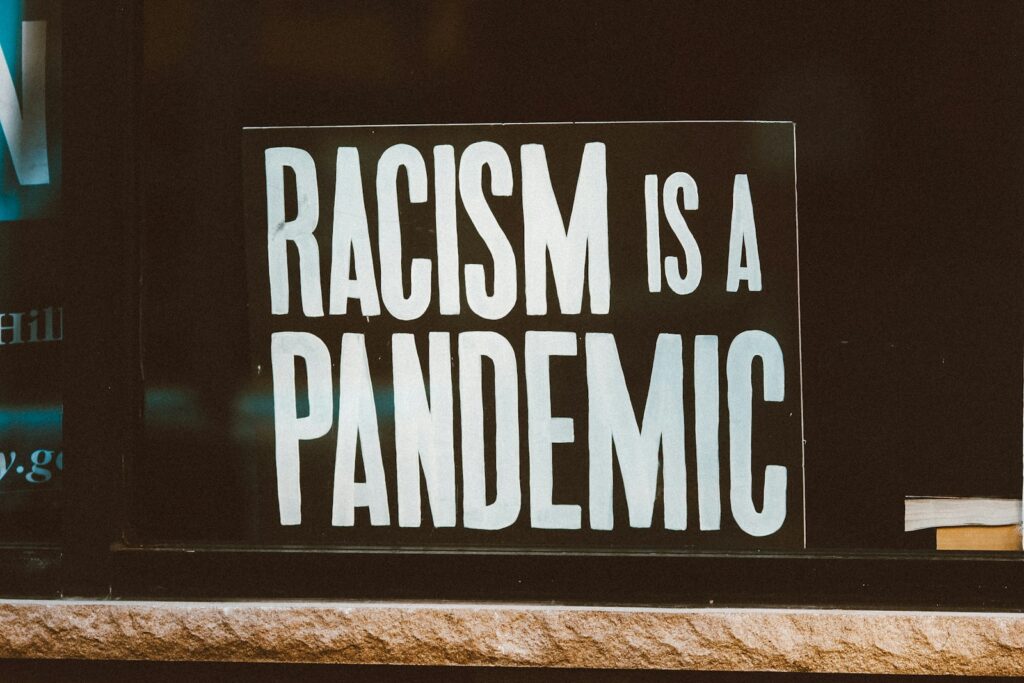Free, confidential support service for children and young people in the UK provided more than 14,000 counselling sessions in a year.
‘I’ve been struggling with low mood recently,’ a 14 year-old girl told the support service Childline, run by the NSPCC. ‘I’ve not been able to get out of bed as I don’t have any motivation. I feel numb but really down.’
Photo by Luke PennystanWorse, the girl then detailed a serious lack of support around her. For one thing, she didn’t speak to any members of her family about what was going on. But professional services also failed to help. ‘I have a counsellor but I don’t know when I am due to see them again,’ she confided. ‘The CAMHS crisis lines are only open in office hours [and] I wouldn’t ring anyway. It’s really only Childline I can speak to when I feel like this.’
This anonymous call was just one of 40 made every day to the charity and counselling service Childline by children and young people under the age of 19 who struggle with feelings of low mood or unhappiness. The charity has now revealed that in 2023 it provided 14,253 counselling sessions to such children.
Almost 40% of these counselling sessions were with young people between the ages of 12 and 15. Many callers confided feelings of anxiety, loneliness, loss and lack of confidence.
Childline provides a trained counselling service 24/7 via phone, direct messaging and email. Young people can talk to counsellor about any concern affecting them, big or small. The Childline website also offers a range of resources to help children and young people to help themselves.
But more can still be done. That’s why, in partnership with Lidl GB, the NSPCC has launched a new Childline campaign, ‘Find Your Calm’, encouraging children to learn different ways to cope with such issues as low mood.
Shaun Friel, Director of Childline, says: ‘We know that many children are struggling with feelings of unhappiness. There are lots of reasons why this could be – problems at home, with their friends, societal factors or schoolwork.
‘We would encourage all children to reach out for support with these feelings, and Childline is here to listen. It doesn’t matter how small the concern may seem – we are here for every young person.’
For concerned adults, the NSPCC website includes advice on children’s mental health including how to talk to children about difficult topics. To support this important work, you can also make a donation to the NSPCC.
In related news:
Be more experience-sensitive in treating young autistic people
Landmark Young Carers Covenant launched to help millions of children


















Leave a Reply